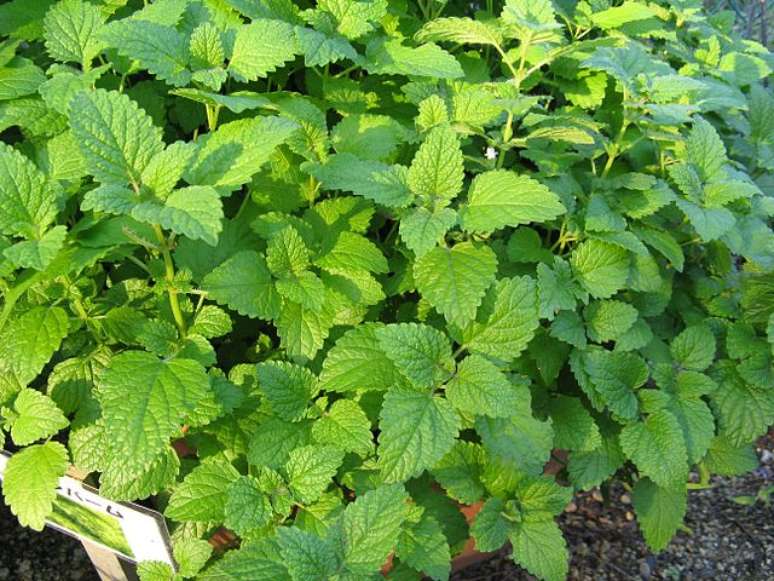Professor of Science and Biology shows which plants are allies in keeping the dengue mosquito away, in the country’s worrying scenario.
This was reported by the Brazilian Ministry of Health has already exceeded 740 thousand cases of denguewhich represents a increase of over 445% compared to the same period last year, when 165,839 cases were recorded. Given this record, it becomes crucial strengthen prevention measures.
Why do some plants repel mosquitoes?
A simple and pleasant-smelling strategy provides grow aromatic plants at home, which can help keep away the mosquito that transmits dengue. This is because the the aroma of these plants and herbs interferes with the olfactory sensors of insectskeeping them away from people.
“Mosquitoes are attracted to chemicals exhaled from our bodies, such as carbon dioxide, when we breathe,” he explains. Giovani Lucas Miranda, Science and Biology teacher at Colégio Positivo. This explains the proximity of mosquitoes to the human head.
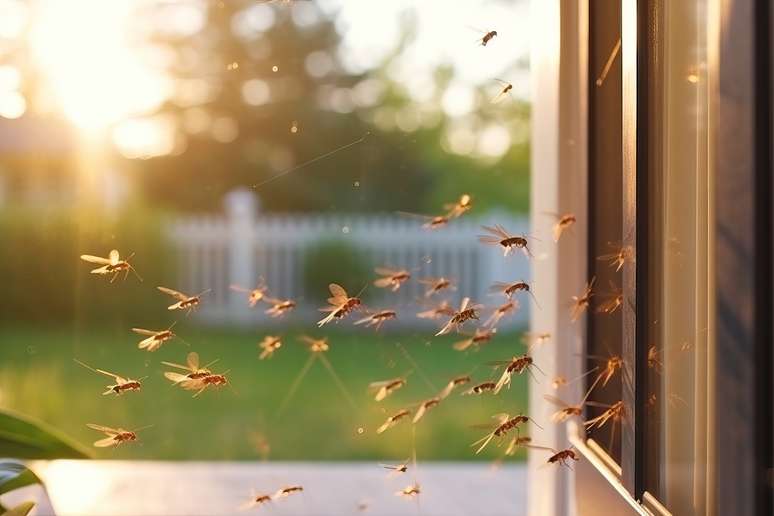
“It is an area of intense elimination of carbon dioxide, a chemical that attracts mosquitoes,” adds the professor. And, according to him, some aromas keep mosquitoes away, acting as a repellent and an effective method to fight dengue.
Plants such as sage, lemon balm, lemongrass, basil and lavender are recognized for their essential oils that work as natural repellents against mosquitoes and other insects.
What compounds keep mosquitoes away?
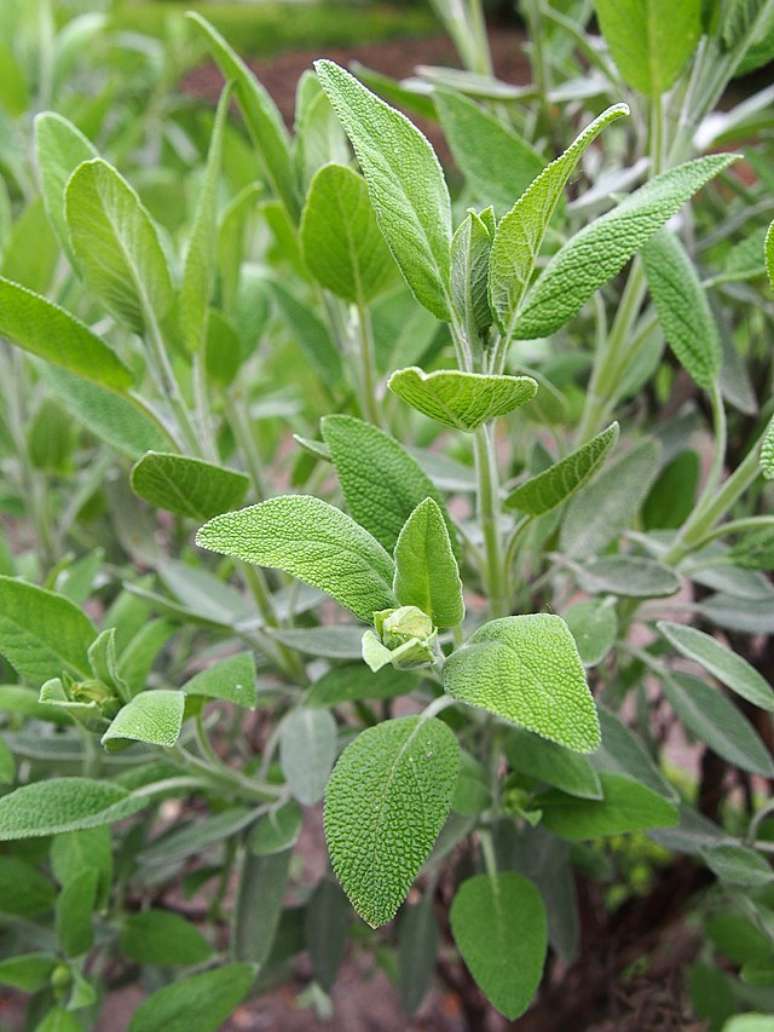
“Compounds like citronellolpresent in lemongrass, and the linalool, present in lavender, affect mosquitoes’ olfactory sensors, hindering their ability to identify humans to bite. Basil contains eugenoland sage has thujone AND cineolewhich can have toxic and irritating effects on the olfactory sensors of insects, discouraging them from staying in areas where these plants are present”, explains the expert.
Therefore also the essential oils of these plants can help repel mosquitoes, including Aedes a Egypti, responsible for the transmission of dengue, zika and chikungunya. Although they do not represent a definitive solution, they contribute to reducing the presence of these insects in residential areas.
Using natural methods such as natural repellents is one strategy environmentally sustainable, reducing dependence on chemical repellents, which can have negative effects on health and the environment. “This is because in addition to repelling mosquitoes, These plants can attract beneficial insects and pollinatorsplaying a valuable role in maintaining the health of the local ecosystem”, underlines the professor.
He stresses that it is important to understand that while growing these plants can help reduce mosquitoes, This measure should be part of a broader strategy to combat dengue, which includes community education, maintaining cleanliness and eliminating possible mosquito breeding sites.
What plant species keep dengue mosquitoes away?
Wise (Salvia officinalis)
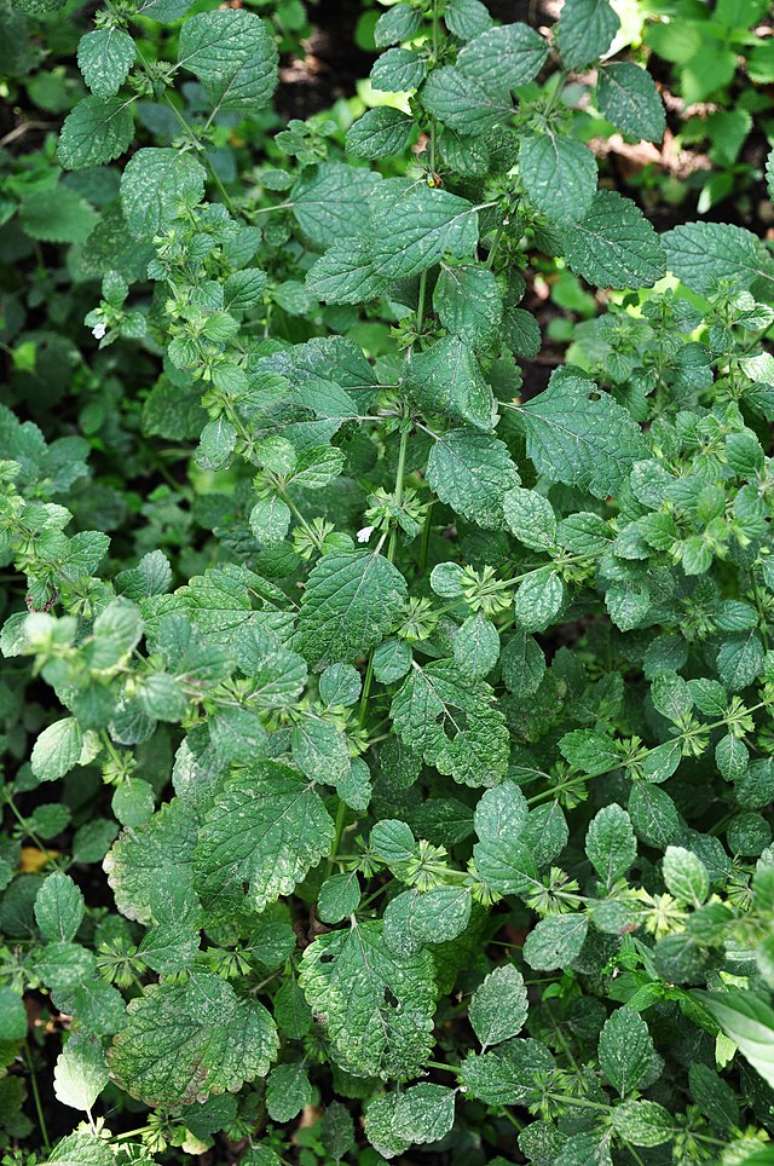
Rich in essential oils such as cineole, borneol and thujone, known for their insect repellent properties. In addition to its traditional use in cooking for its strong aroma, sage is used to treat digestive problems and inflammation of the mouth and throat, as well as having antioxidant and antimicrobial properties.
Melissa (Melissa officinalis) or lemon balm
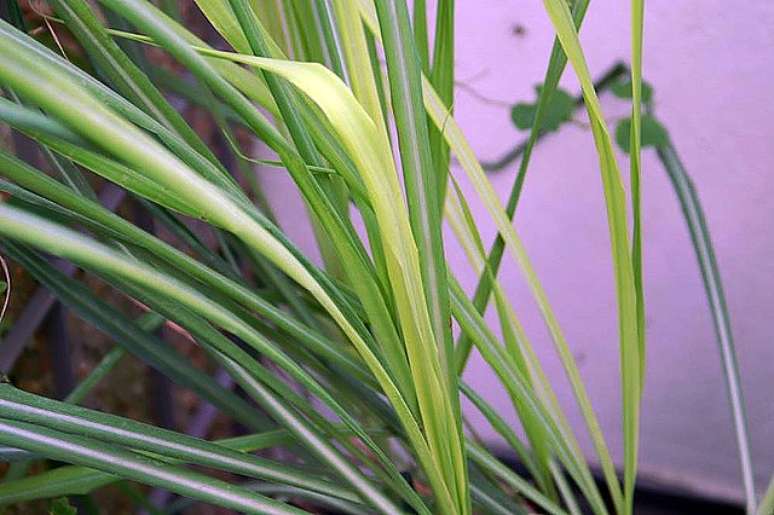
Known for its calming properties, lemon balm contains essential oils such as citral, neral and geraniol, which help repel insects. It is easy to grow and attracts bees, aiding pollination in the garden.
Lemongrass (Cymbopogon nard)
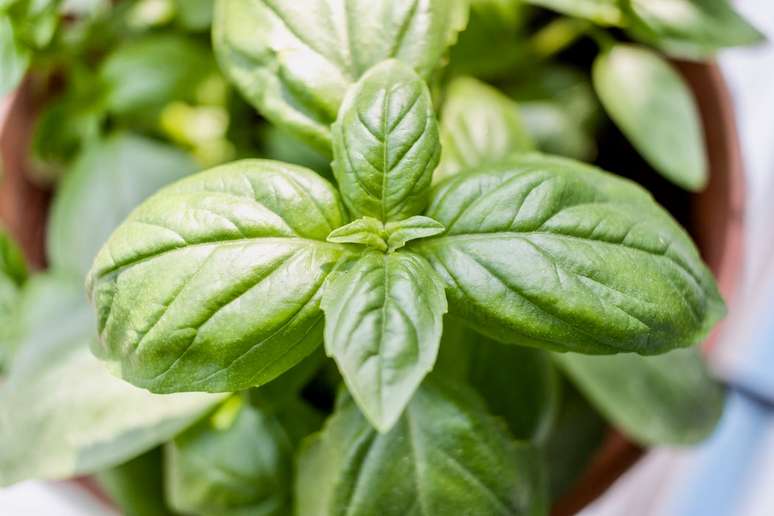
Essential oil is one of the most effective and natural mosquito repellents, used in candles, sprays and lotions. Contains geraniol, citronellol and citronellal, which interfere with insect sensors, effectively repelling them. In addition to its use as a repellent, lemongrass is used in aromatherapy to promote relaxation and relieve stress.
Basil (Ocimum basilicum)
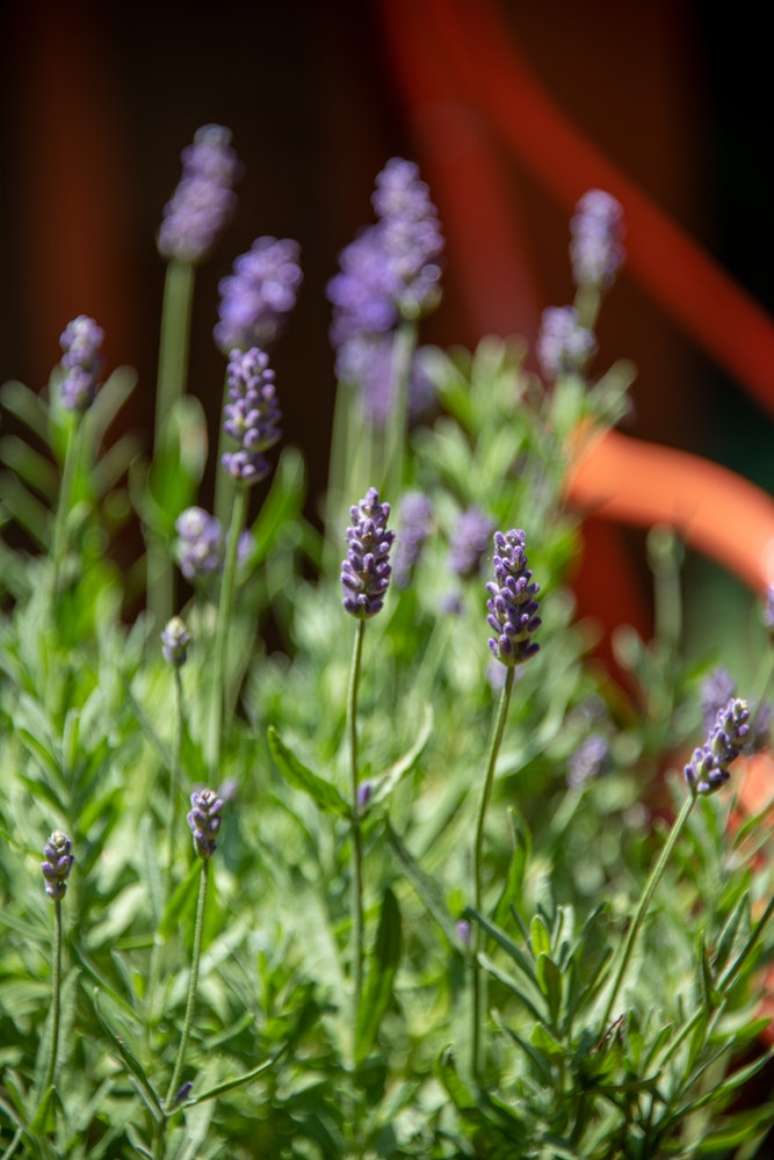
Rich in eugenol, linalool and citronellol, basil is widely used in cooking for its unique flavor, antibacterial and anti-inflammatory properties, as well as being a source of antioxidants. Easy to grow, it attracts bees, is beneficial for the environment and also acts as a mosquito repellent.
Lavender (Lavandula angustifolia)
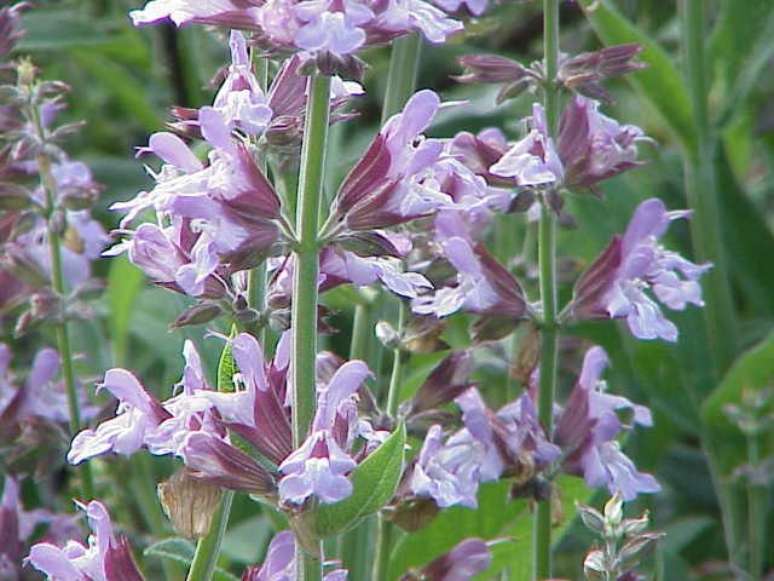
In addition to its known relaxing properties, used in aromatherapy products to relieve stress and induce sleep, lavender can repel mosquitoes and moths thanks to the essential oil containing linalool and linalyl acetate.
Source: Terra
Ben Stock is a lifestyle journalist and author at Gossipify. He writes about topics such as health, wellness, travel, food and home decor. He provides practical advice and inspiration to improve well-being, keeps readers up to date with latest lifestyle news and trends, known for his engaging writing style, in-depth analysis and unique perspectives.

